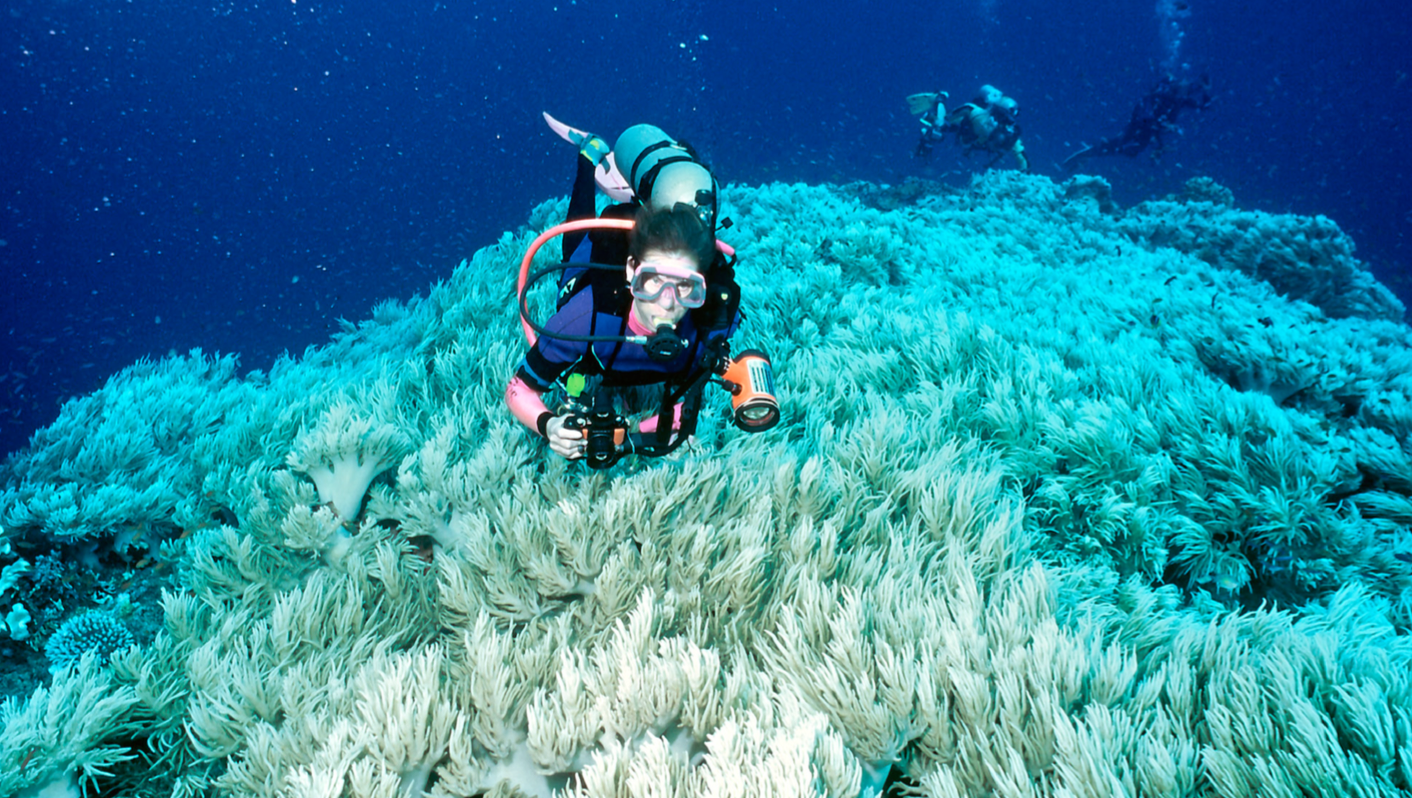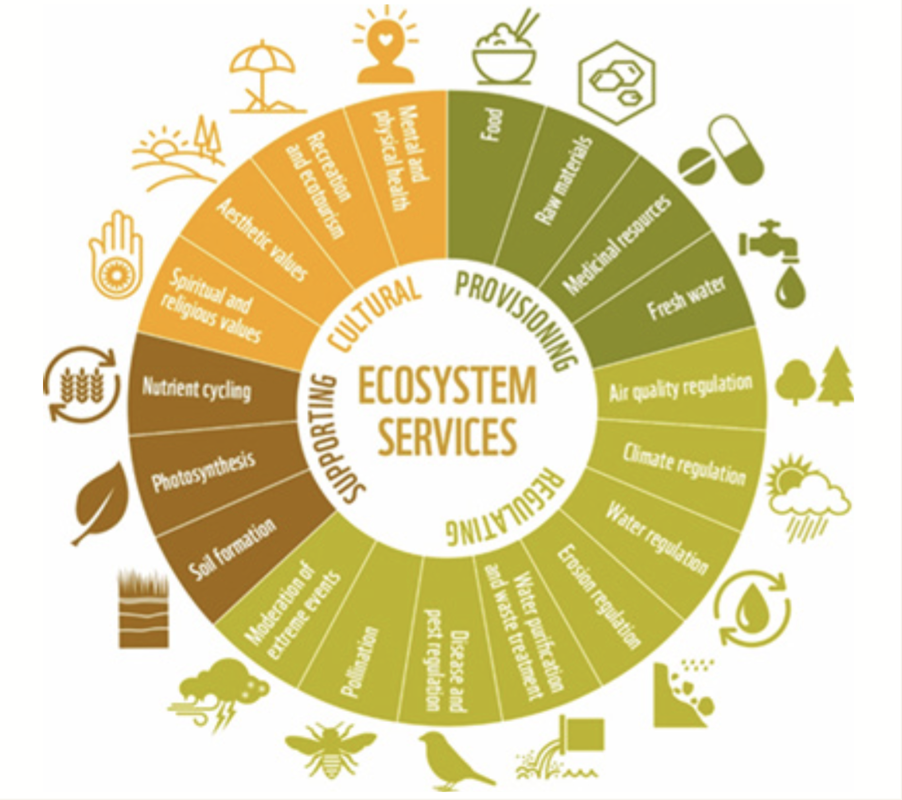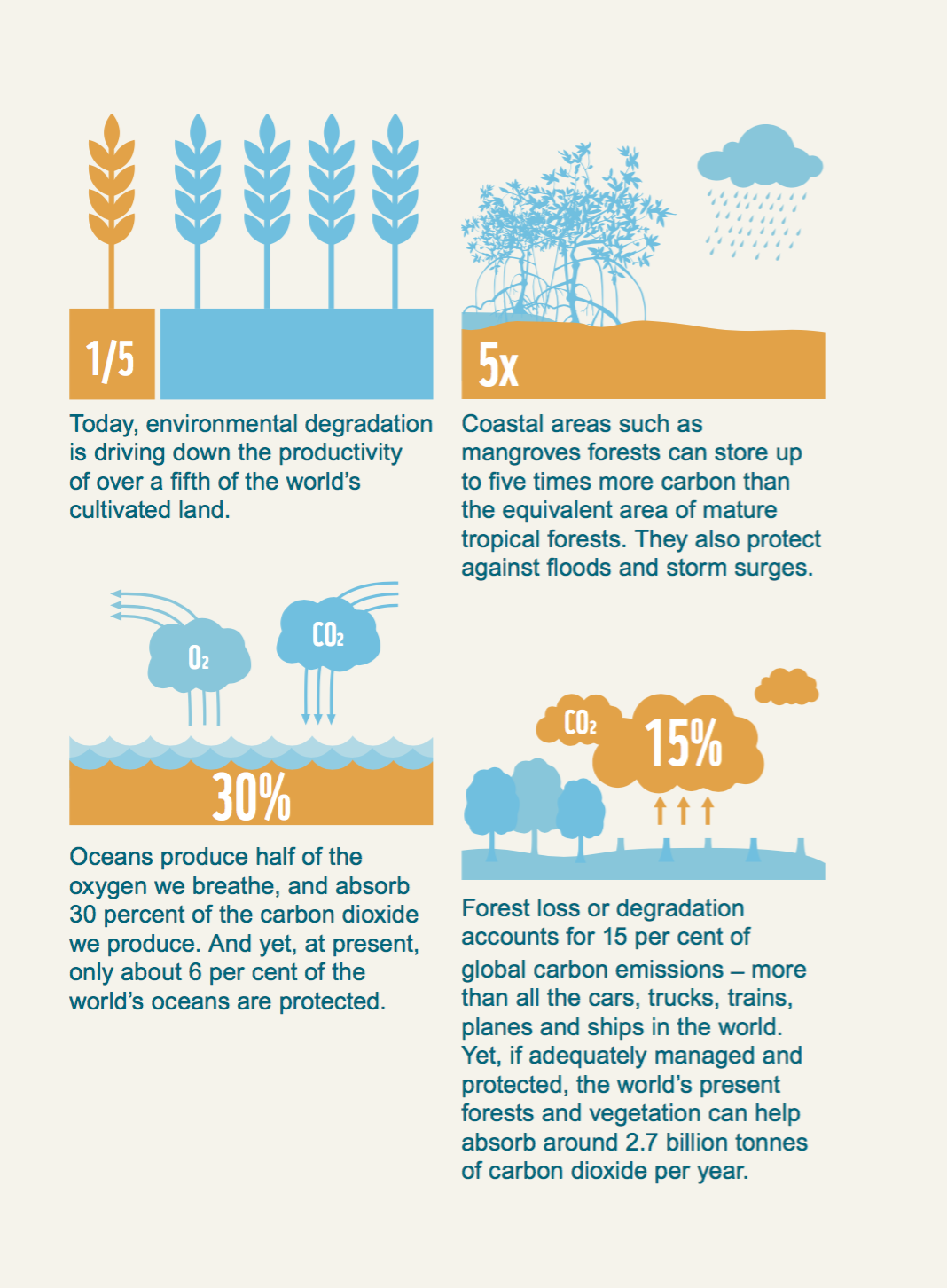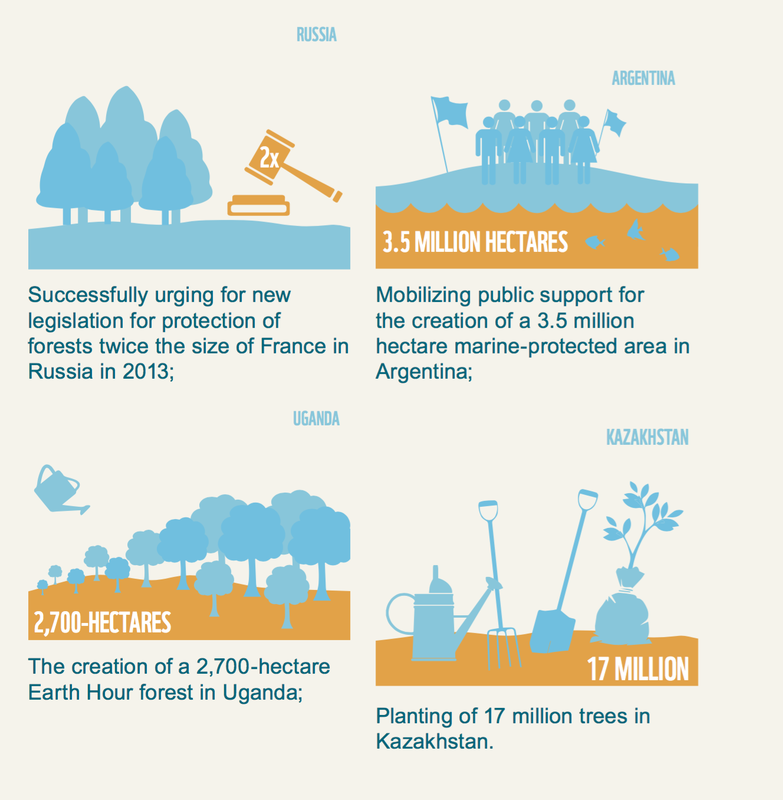|
Earth Hour 2018 is on Saturday 24 March at 8:30 p.m. local time (Singapore). Fact sheet prepared by WWF CLIMATE CHANGE AND OUR PLANET Today, our planet – and its climate – is changing at an unprecedented scale. Human needs for energy, food, shelter and overall consumption patterns are driving up global greenhouse gas emissions and with every passing year, and each new climate record, climate change is making its presence known with an intensity we have not seen before. Major natural systems – atmosphere, marine and terrestrial – are experiencing signi cant disruption, globally and locally. The results are evident – in the air, sea and on land – warming and acidi cation (changes in its pH level) putting pressure on sheries and bleaching coral reefs; shifting growing seasons that are impacting food production and availability for people and wildlife; intense and more frequent oods and droughts that are disrupting and destroying homes, habitats and migration patterns. Taken together, these e ects of climate change are eroding the planet’s best defense against its impacts: the earth’s biodiversity. UNDERSTANDING BIODIVERSITY As vast as our planet is, there is no place on Earth where one would fail to nd life. It may be as massive as the blue whale in the ocean or the elephant in the tropical rainforest, or as small as the cactus in the savannah and the plankton in the sea. But each has a role to play in keeping our natural systems working. Biodiversity is the single word used to describe this huge variety of life in a variety of places. There are many di erent species and habitat types, and many of them are dependent on each other for life. But what does that have to do with us and climate change? Everything. BIODIVERSITY SUPPORTS US Biodiversity is essential to the food we eat, to the water we drink and the air we breathe. All of these ‘services’ we take for granted depend on a complex web of soil, water and carbon processes, powered by the millions of species we share our planet with. Take the example of the Amazon rainforest. Often called the ‘lungs of our planet’, did you know that every species in this biodiversity hotspot – plant or animal – is helping provide the air we breathe thousands of miles away? The leaf-cutter ant for instance helps trim forest vegetation, stimulating new plant growth while breaking down plant materials and adding essential nutrients to the soil. This helps trees to grow and replenish – and continue to produce around 20 per cent of the Earth’s oxygen. Incredible, isn’t it? And to think that is just one species in one forest on one continent on Earth! At any given minute, biodiversity is helping provide the services below to you and me, together with the varied wildlife we share our home with: But now, things are changing. Our planet is getting warmer, our forest cover thinner and our oceans more acidic and it is because of us – and climate change. CLIMATE CHANGE THREATENS BIODIVERSITY Biodiversity provides a global safety net, providing us with all the essentials for life. Each species is like a single thread – and the more threads that link together, the stronger the net and the better our planet can cope with change. But when a thread fails, which is happening more and more due in part to climate change, it weakens all the other links. The impacts of climate change, such as rising waters, melting ice or drying river basins and croplands, mean that species, including us humans, are having to move or adapt how and where they nd food and water. Our grasslands, forests and oceans are reeling under growing pressures such as droughts, wild res and coral bleaching, to name a few. All in all, biodiversity is struggling to keep up and as it does, we are losing what could be our best defence against climate change. HOW BIODIVERSITY CAN HELP CHANGE CLIMATE CHANGE Our forests and oceans are on the frontline of climate change – and climate action. Between them, they absorb about 60 per cent of the planet’s CO2. But as we pump more greenhouse gases into the air, we need to ensure our forests and oceans are healthy enough to take the load. Healthy natural systems with rich biodiversity can be more resilient against threats like climate change (ask the dinosaurs!), with nature continuing to provide the essential support we all depend on as people and other species try to adapt and thrive. By protecting Earth’s natural systems, together with the variety of life needed to make them work, we can help reinforce our planet’s natural defences against one of the greatest environmental challenges of our time. MAKE THE DIFFERENCE WITH EARTH HOUR 2018 Join WWF’s Earth Hour to protect biodiversity – and our planet – against climate change. Together, we can create real impact and ensure people and nature can thrive in our shared home. This is our moment to change the planet for the better. In the past decade, WWF’s Earth Hour has helped mobilize communities and countries take action to protect their seas and forests, from Russia and Argentina to Uganda, Ecuador, Madagascar and Indonesia. Join us today and be a part of the world’s largest grassroots movement for the environment. Since 2007, WWF’s Earth Hour has mobilized millions around the world to encourage action to protect our planet and its biodiversity against climate change. Impacts include:
1/1/2019 09:14:56 pm
So true, this change of climate can harm our lives badly. I was reading a news paper in which I read that the glaciers are melting very rapidly and most of the part of the earth is going to change its condition which will not be good for us. 9/17/2020 03:15:43 pm
Climatic change effects are mainly thanks to citizenry . Consider another fact, greenhouse gases are a natural component of the biosphere environment and would also persist if there wasn't any humanity . Certainly, humanity is a crucial part to the persistence of life on earth. If greenhouse gases weren't present, the temperature of our planet would be in negative. present gases, however, maintain the temperature at livable 59 degrees.In case the worldwide warming happens naturally, what's the fuss.the difficulty which we are combating is that the amount of greenhouse gases within the air. These gases behave as thermal blankets for the environment. Comments are closed.
|
Details
AuthorChristine Amour-Levar Archives
December 2023
Categories
All
|




 RSS Feed
RSS Feed